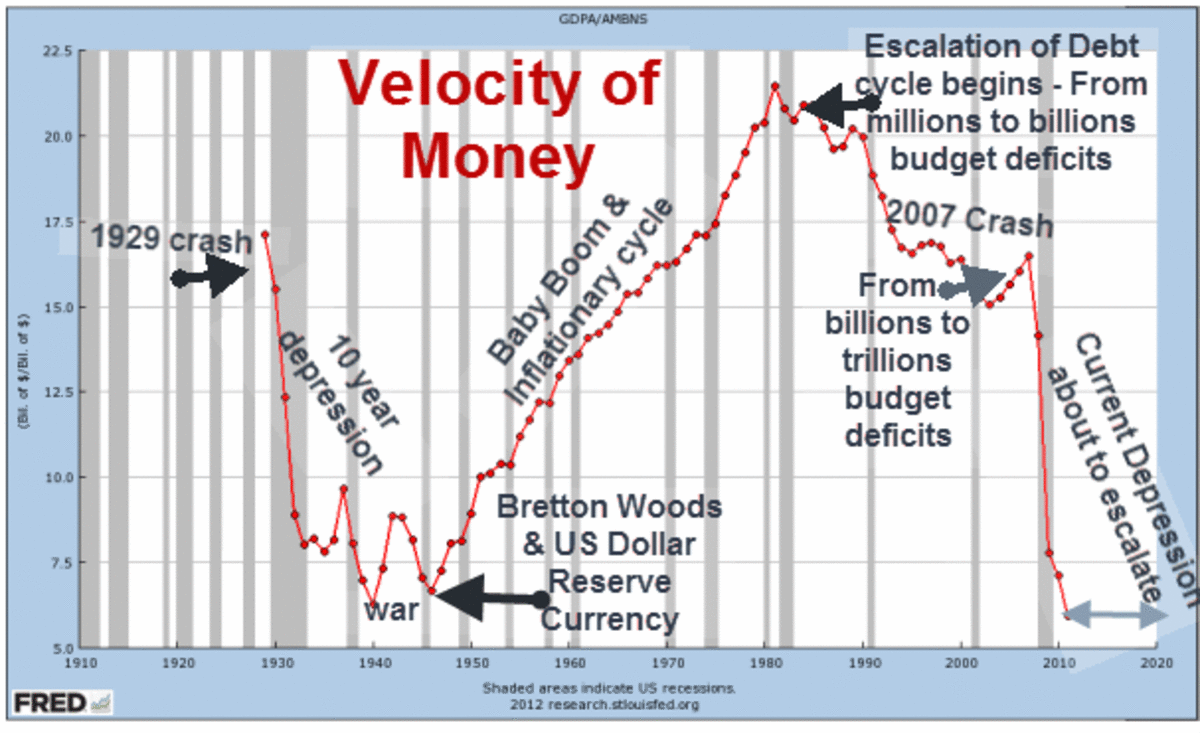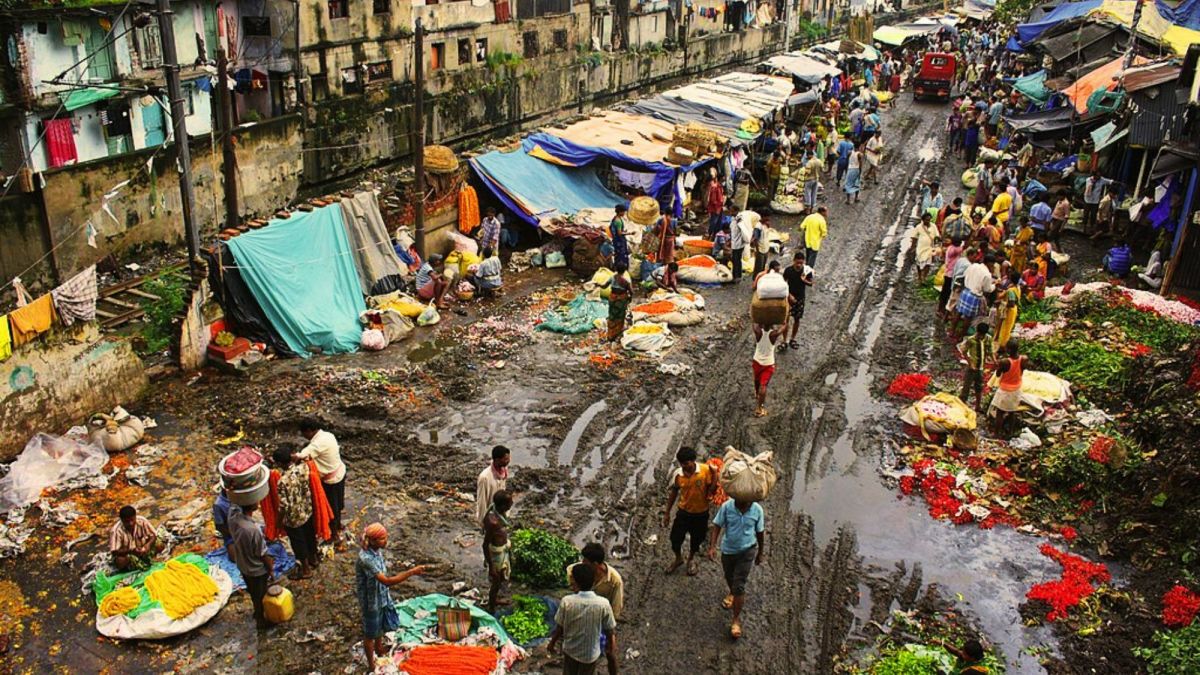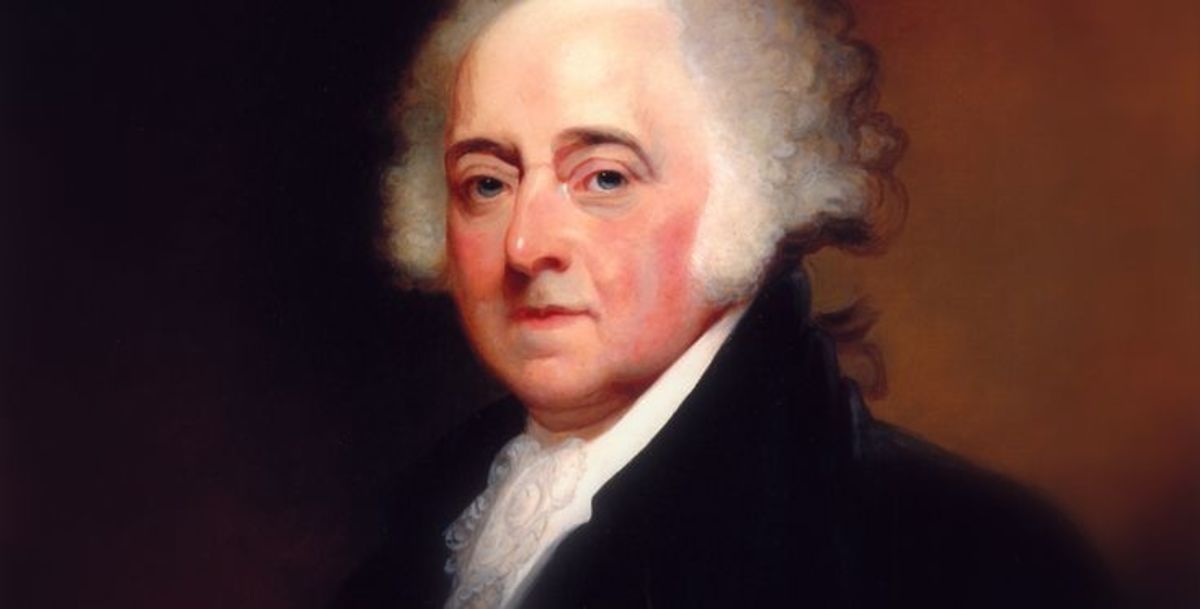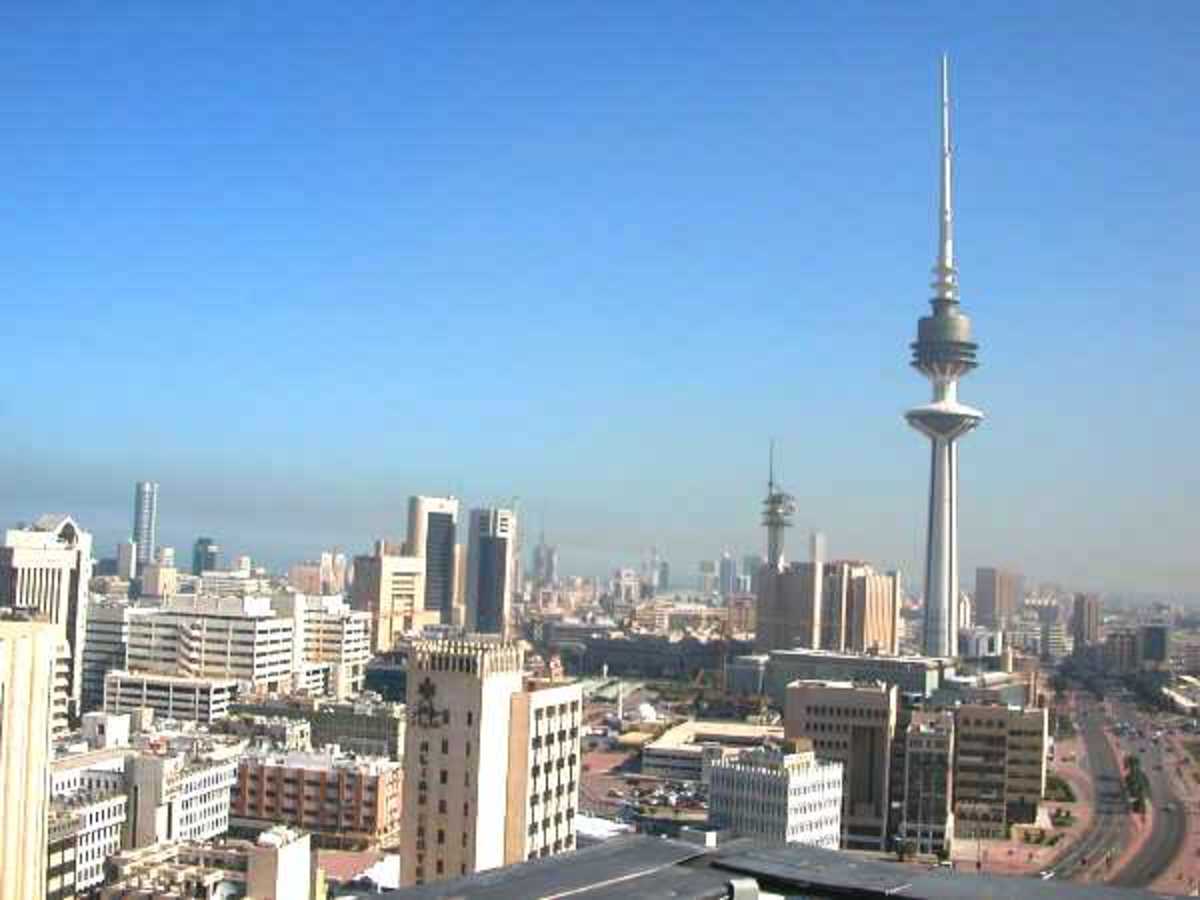Economics of Growth and Development
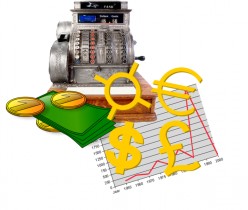
Introduction
Studying about the journey of humanity is very interesting one. This enables to understand various social systems prevailed in different parts of the world in different times. Human beings are always seeking for many things to meet their life needs. They invented many things which contributed as a main the factor of human progress like wheel, fire etc. In ancient days peoples’ living condition was purely different from the present condition. It envisages that human history witnessed many advancement and changes from time to times. Anyway, now economics is regarded as one of the significant branches of social sciences, which studies all the human related matters. As mentioned above the progress of human beings or a society can be labeled as growth. Later ‘development’ counted as a modern alternative term of growth. However, in reality both are somewhat different concepts. Here this hub is aimed to explain about the economic growth, the economic development, major factors of economic growth and development, major differences between the concept of growth and development etc.
Meaning of Economic Growth
Economic growth is not a new idea. The classical economists, merchentalists, physiocrats etc were already mentioned the same concept. Generally economic growth refers to the changes in a country, in which its national output and per capita income increases in a given period of time. Economic growth can also refers to the expansion in the existing economic systems of a country. That is increment in the production of goods and services, distribution, exchange etc.
Factors of Economic Growth
There are many social, economical and political factors, which influences the growth of an economy. Following are a few major factors of economic growth.
i) Technological Advancement
Application of advanced technologies or modernization is a crucial factor of economic growth. Introduction of new technologies will enable the economy to reduce costs of economic activities, minimization of wastage of resources, optimum utilization of economic resources etc. The modernization of the economy will ensure the growth of a country.
ii) Higher Savings and Capital Formation
When an economy enters in to the path of growth, more employment opportunities will generate. That is increase in income. So, automatically there may be a tendency to increase the rate of savings. These savings will convert in to investments. This will boost the rate of capital formation. To grow an economy, capital formation is very essential. Higher the capital formation shows higher efficiency of the economy to perform economic activities.
iii) Higher Productivity
Along with the increase in production, the productivity must be increased. Otherwise the growth will be a short term phenomenon. So, for a sustainable growth, higher productivity is very significant. High use of modern technologies and optimum use of resources will ensure the higher productivity.
iv) Increment in Social Overheads
Here higher social overhead capital means, benefits that are more social for each person. For a growing economy the social overheads like education, health care etc must be equitable and justifiable. So, higher social overheads are the key to ensure growth of an economy.
Criticisms of Economic Growth
The concept of economic growth is not free from criticisms. Following are the two main criticisms of economic concept on growth.
i) Economic growth is the condition of the increase in national income and per capita income. But sometimes, growth may happen because of price raising or inflation. For instance, the wage rate of a labor may increase due to higher price level. But the wage may not increase in terms of real income or purchasing power. Therefore, economic growth due to inflation is a misleading idea.
ii) Economic growth may not decrease inequality. Even though the economy achieved high economic growth, there are chances for the existence of inequality between rich and poor. This may be in the form of high inequality in income or wealth. Sometimes the increment in per capita income may bagged by the richer section of the society and poor people may get nothing. Here it is clear that, economic growth may occur by expanding inequalities in the society.
Economic Development; Meaning
Economic development got its significance from the 20th century onwards, particularly after the Second World War. Politicians and economists were widely used the term ‘development’. After the great depression of 1930s, the ideology of classical and capitalism challenged its own survival. Any way in the middle of the 20th century many countries achieved growth. But there existed a constraint to grow more. Which later lead to the origin of the concept of development.
Development is a wide and elaborate idea and now it taking as a magnitude to compare different countries and their process of development. So, development is the growth with some social, structural and economical changes. It includes not only quantitative factors like Per Capita Income (PCI), but also qualitative aspects like education, healthcare, low poverty, low inequality, low unemployment etc. T o enter in to the path of economic development, first the economy must drive to economic growth. Economic development ensures the standard of living of the people.
Approaches to Economic Development
There are many arguments among social scientists on economic development. Basically the two most important approaches of economic development are listed below.
i) Classical Approach
The classical economists considered mainly economical and quantitative aspects to explain economic development. They used per capita income, national income etc as the keys for economic development.
ii) Modern Approach
Modern economists’ approach on economic development is connected to more qualitative aspects like maximum welfare, better education, reduction in poverty, inequality, unemployment etc.
Factors of Economic Development
There are many factors associated with economic development. Here the following are a few factors of economic development.
i) Improvements in the Standard of Living
Economic development is characterized with better standard of living. In which poverty is not a challenge. So the people will enjoy basic needs and get more opportunities and higher standard of living.
ii) Economic Growth
Economic growth is very essential for economic development. No country can achieve development without economic growth. That is growth in the basic infrastructural facilities to ensure the process of economic development.
iii) Structural Changes
Economic development is characterized with many structural changes like transformation from agricultural sector to industrial and service sectors. Another interesting factor of economic development is the rapid urbanization.
iv) Better Human Developmental Indices
Developed economies are characterized with many favorable developmental indices such as low poverty, low inequality, higher employment rate, high literacy, better health care facilities, long life expectancy, high per capita income etc.
Development Vs Growth
The following table provided some of the main differences between economic development and economic growth.
Development
| Growth
|
|---|---|
Qualitative and quantitative changes
| Only quantitative changes
|
More elaborative concept
| Narraw concept compared to development
|
Modern view
| Compared to development, it is an older concept
|
Common indices are, HDI (Huamn Development Index), GDI(Gender Dimentional Index), ETC
| Common indices are GDP(Gross Domestci Product), PCI (Per Capita Income) etc
|
Conclusion
In sum, both the concept of economic growth and economic development are the significant matters, which enable us to understand the progress of a society. Now, the world wanted more quality and so the concept of development is a great matter of discussion. Development economics become one of the branches of economics, which deals with the human endeavor and its results in an elaborate way.

